The Swiss government made a quick decision after the reactor disaster in the Japanese city of Fukushima in spring 2011. Almost in chorus with Berlin’s decision to abandon nuclear power, Doris Leuthard, the Swiss energy minister from the CVP, who was once a strong advocate of nuclear energy, announced the nation’s change of direction. But while in Germany the oldest nuclear power stations were immediately decommissioned and a deadline was set for the others, the Federal Council’s proposal to Parliament only involved prohibiting the construction of new nuclear power plants. The existing ones would remain connected to the grid and would do so, as Leuthard pointed out, “for as long as they were safe”. The Federal Council’s Energy Strategy 2050 proposal seeks to enable this gradual withdrawal from nuclear power.
A shift from nuclear power towards hydropower, solar energy, wind energy and energy efficiency – Parliament is likely to clear up the final unresolved issues of the bill during the summer session. However, neither the conservative parties nor the left or Greens are really satisfied with the compromise-oriented solution fashioned by the CVP and BDP. The SVP and FDP do not want a ban on new nuclear power stations. “In the current climate, building a new nuclear power station in Switzerland is unrealistic,” concedes SVP President Albert Rösti. But this may change in future. His hopes are pinned on progress making the technology safer. Rösti is relying here on the “fourth-generation nuclear power stations of the future, where accidents triggering radioactive contamination of extensive areas would be ruled out”. FDP National Councillor Peter Schilliger would also only consider new nuclear power plants “if they are made safer and more financially attractive again”. However, he believes banning them now is the wrong option. “That is not very open-minded,” he says.
Referendum in the autumn
Together with the small conservative parties, the SVP and FDP have held a narrow majority in the National Council since the last elections. If they vote unanimously against the Energy Strategy 2050 in the final vote on 17 June, they could scupper the gradual abandonment of nuclear energy, though that is unlikely to happen. Energy politicians from all camps expect individual SVP and FDP National Councillors to break rank and help push the energy transition through. Though a referendum could be called against the Parliament’s decision, forcing a popular ballot, the chances of defeating the compromise-oriented bill on the official withdrawal from nuclear energy at the ballot box appear slim.
The Swiss will vote on nuclear abandonment this autumn in any event, as the Greens are continuing with their popular initiative launched after Fukushima. They are also disappointed by the official energy strategy, as the disenchanted Greens National Councillor Bastien Girod underlines: “Old reactors remain connected to the grid in Switzerland. As nuclear power stations age, the risk of accident increases.” The Greens’ initiative calls for fixed lifespans based on the German model – in specific terms, this would mean decommissioning after 45 years. The three oldest nuclear power stations, Beznau I and II and Mühleberg, would therefore have to be taken out of operation by 2017, Gösgen by 2024 and Leibstadt in 2029 as the last nuclear power station.
No fixed lifespans
CVP National Councillor Stefan Müller-Altermatt, one of the architects of the official withdrawal from nuclear energy, believes it is too early to decommission the nuclear plants in line with the Greens’ popular initiative. “This would mean having to import nuclear power from France or coal-fired power from Germany. I don’t think that is what people want.” He is unable to answer the question as to when the last nuclear power station would be switched off under the official withdrawal strategy, owing to a lack of fixed deadlines. “At some point in the 2030s or 2040s,” he says. The Swiss Federal Nuclear Safety Inspectorate (ENSI) should decide for how long the nuclear power plants are deemed safe and therefore remain connected to the grid.
The supervisory authority plays the key role in the official nuclear withdrawal. When this issue went to print, the decision on whether Beznau I could return to operation had not yet been taken. It is the oldest nuclear plant in the world having been in service for 47 years. It has been shut down since summer 2015 at the instruction of ENSI, owing to the discovery of “irregularities” in the steel of the reactor pressure valve. The irregularities have been under investigation since. ENSI is set to decide in the summer whether the plant is still safe enough to continue operating. Environmental organisations are accusing ENSI of yielding too much to the nuclear power plant operators. A stir was caused by the warning from ENSI Director Hans Wanner this spring that ENSI “faces increasing pressure from the pro-nuclear-power camp” because the demands for greater safety would put the operators in a difficult position financially.
It was also economic considerations that made power group BKW decide to close its nuclear power station in Mühleberg near Berne on 20 December 2019. The extensive safety retrofitting demanded by ENSI was no longer viable in light of current electricity prices. BKW is the first operator to specifically withdraw from the sector on its own initiative (see text on page 9).
Secret lobbyist scenario
With the first closure, a new problematic issue is coming to the fore – the fact that the nuclear power plants are expensive, contaminated sites. In a secret strategy paper drawn up for the power group Alpiq and published by the “Basler Zeitung”, a lobbyist outlined a scenario of how Alpiq could get rid of its holding in the AKW Gösgen and Leibstadt nuclear power stations – and the costs of operation, demolition and disposal. According to the paper, the objective was “to bundle the nuclear power stations in a rescue company and transfer them to state ownership”. This was in fact only a first draft by a commissioned lobbyist. Competitors Axpo and BKW immediately rejected the plan, but Alpiq did not distance itself.
The secret plan sheds light on the industry’s problems. Electricity production is now barely or no longer viable because too many power plants are connected to the grid throughout Europe. Continuing to operate nuclear power stations is therefore becoming financially unattractive. This is also stirring up the political debate. It is firstly giving a boost to the Greens’ popular initiative. One of the main counterarguments previously used was that the operators could demand compensation if the nuclear plants had to be shut down based on a political decision. “The operators would now be pushing their luck by going to court to claim compensation for loss of business,” remarks Girod. At the very least, any compensation is likely to be kept “within reasonable limits”. “The initiative is the cheapest way of exiting nuclear energy – and would certainly be less expensive than striking a political deal with the operators,” explains Girod.
“Held hostage from the outset”
The approach envisaged for Alpiq in the strategy paper would effectively involve large-scale political negotiations on the conditions under which the nuclear power operators could transfer their plants to federal government and thus avoid their obligations of demolition and disposal. In contrast to Girod of the Greens, SP National Councillor Eric Nussbaumer is essentially open to such a deal. He expects that the government would have to assume part of the costs for the legacy of nuclear power in any case. It would therefore be better for it to negotiate the terms at an early stage and at the same time determine the lifespan of the nuclear power stations. “Nuclear technology has held society hostage from the outset,” he says. “If it had not been clear from the start that society and not the operators would ultimately have to pay for nuclear waste and the consequences of an accident, nobody would have built nuclear power stations in the first place.”
FDP National Councillor Schilliger takes a completely different view. The fact that Alpiq is attempting to shift bad investment onto federal government is a sign of a “bizarre management mentality”. If Alpiq actually went bankrupt, a new investor could take over the power stations cheaply or for nothing. “It should then also be possible to operate the nuclear power plants profitably.” The government should at most ensure that the provisions for decommissioning and disposal of waste are not included in the bankruptcy assets, he says. SVP President Rösti rejects a state rescue company for the nuclear power stations.
But others in the SVP hold different views. Leading SVP figure Christoph Blocher recently thought aloud about subsidies for nuclear power plants. That brings back memories. Blocher was one of the conservative politicians who in 1988 put paid to the Kaiseraugst nuclear power plant project, which was extremely fiercely contested in Switzerland. Although the scheme had no chance of succeeding at the time, following the Chernobyl disaster, the group of politicians led by Blocher managed to obtain considerable compensation from federal government for the official abandonment of the nuclear power station. “Kaiseraugst was a blunder that must not be repeated,” according to CVP National Councillor Müller-Altermatt. However, he also confirms that it is virtually unavoidable that the public will ultimately pick up the bill for the legacy of nuclear energy. “We’ll either pay through electricity prices or in tax,” he says.
Simon Thönen is an editor WITH “Der Bund” and a freelance journalist


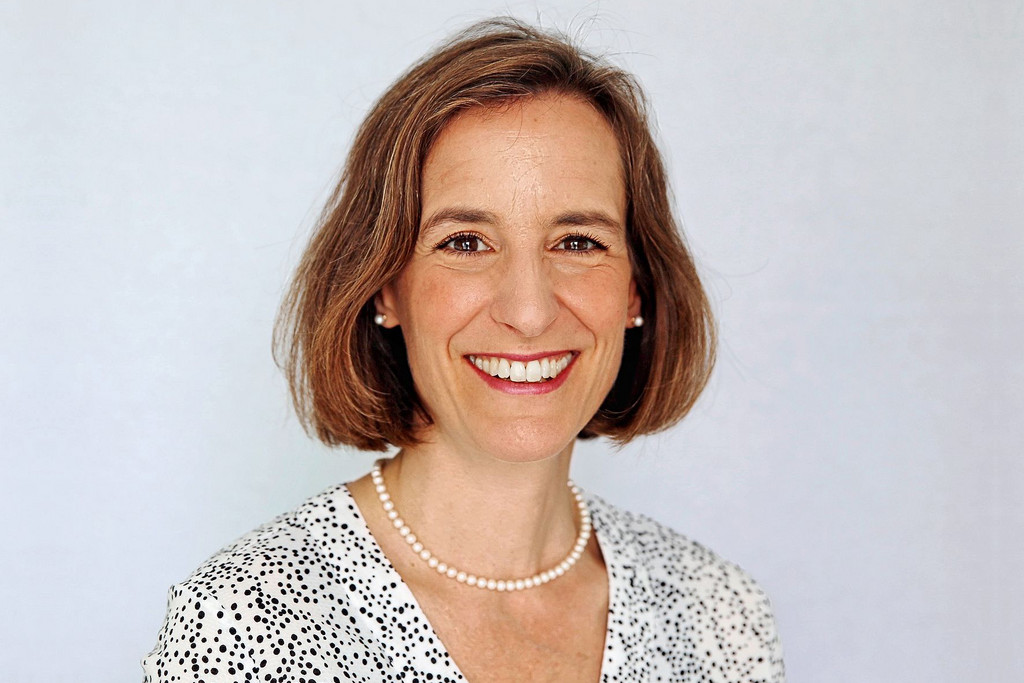


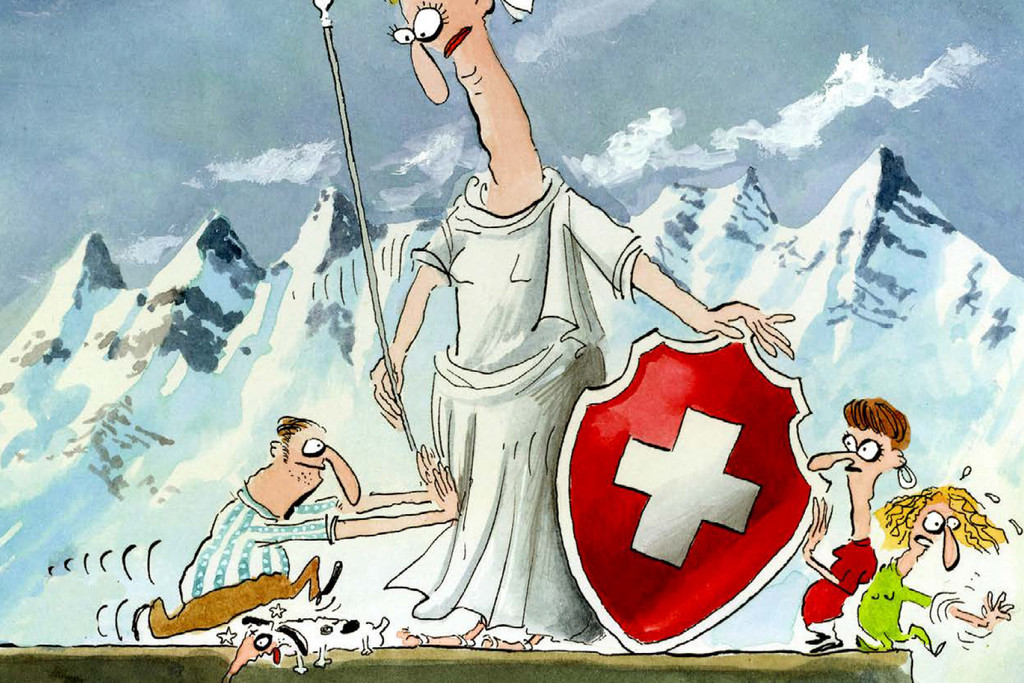
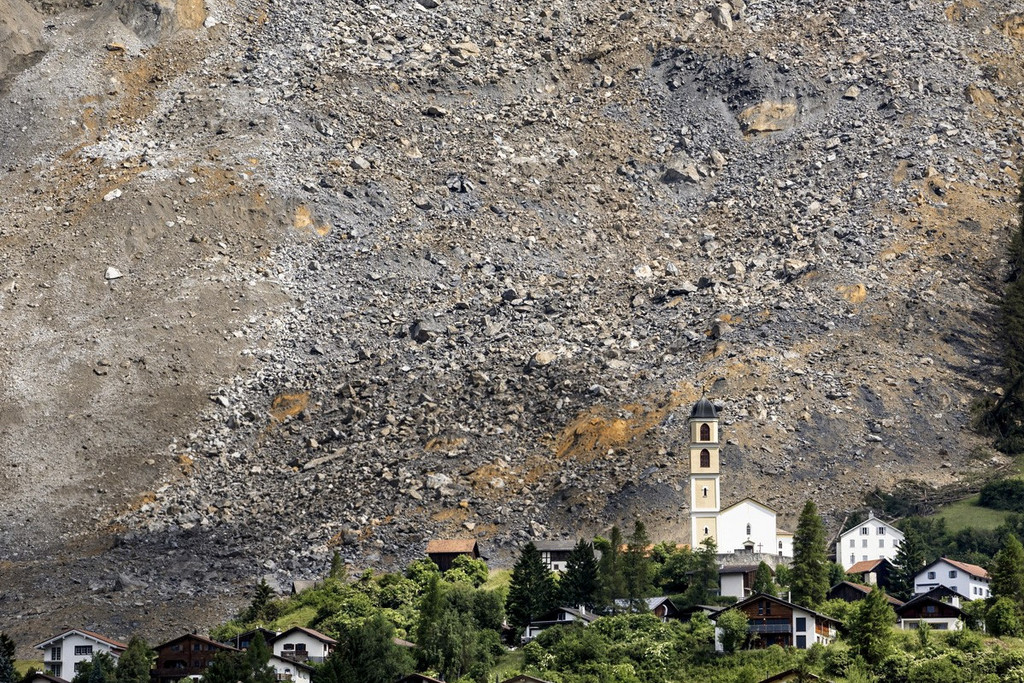




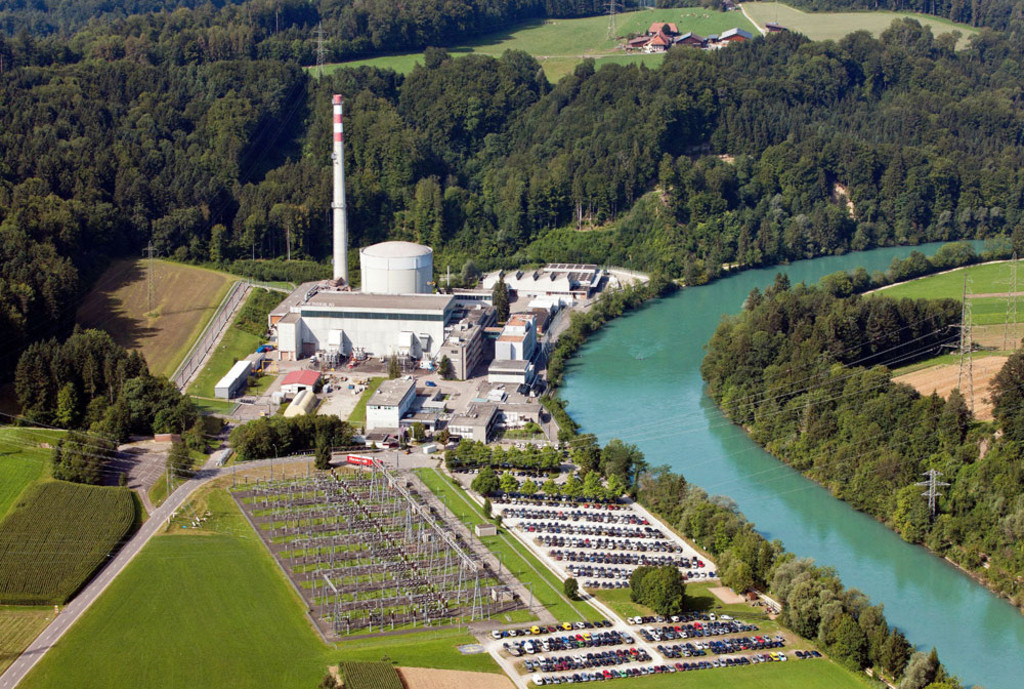
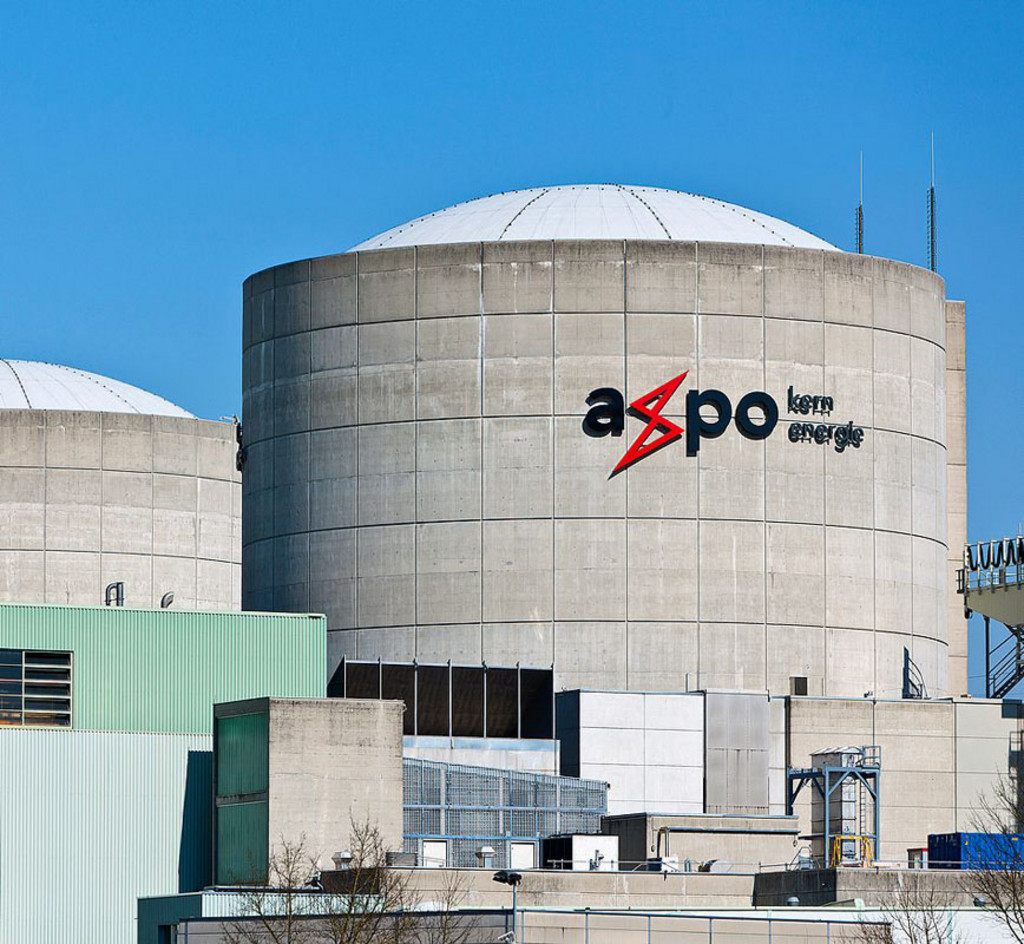
Comments
Comments :